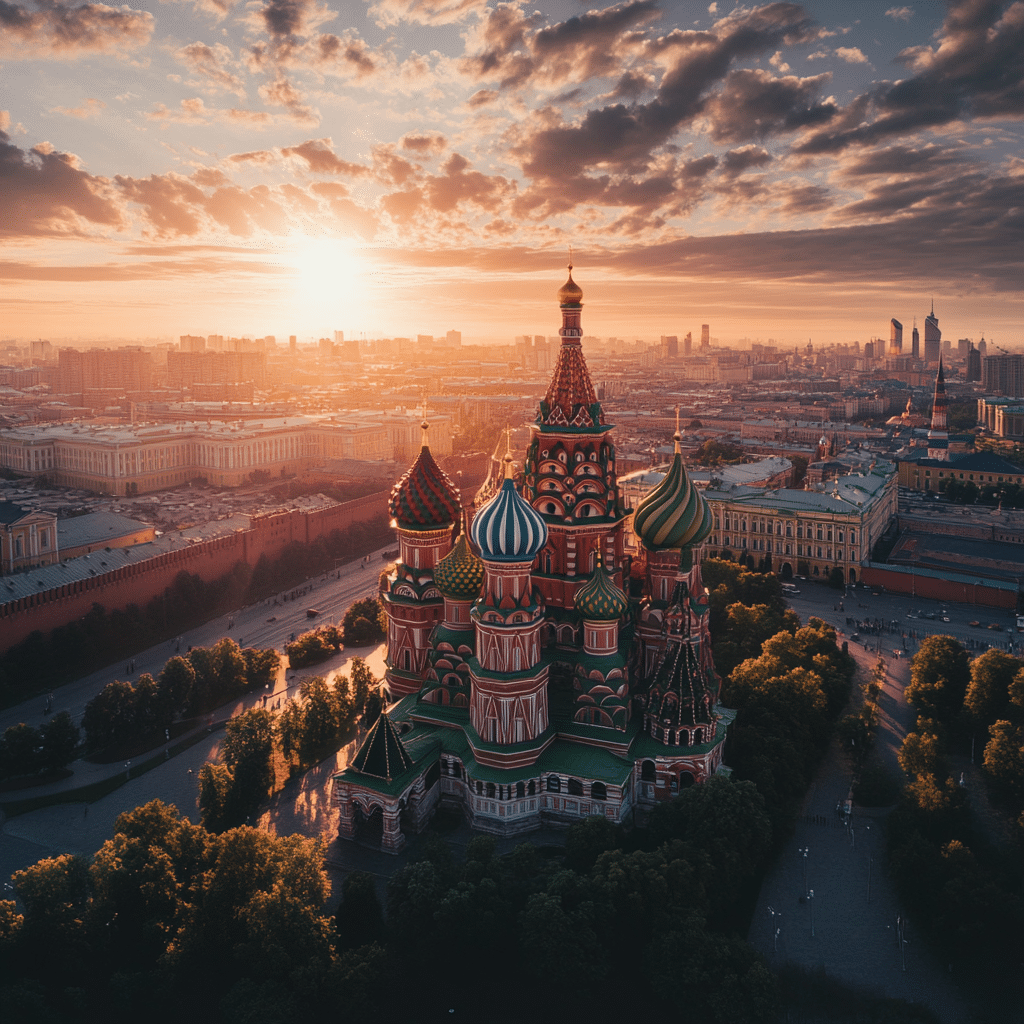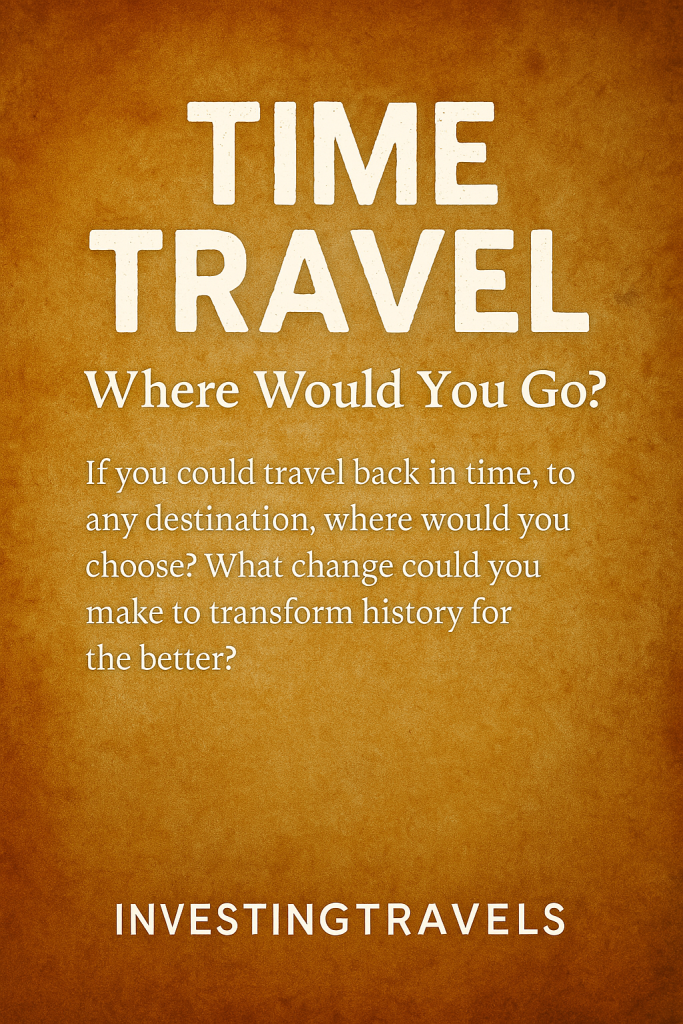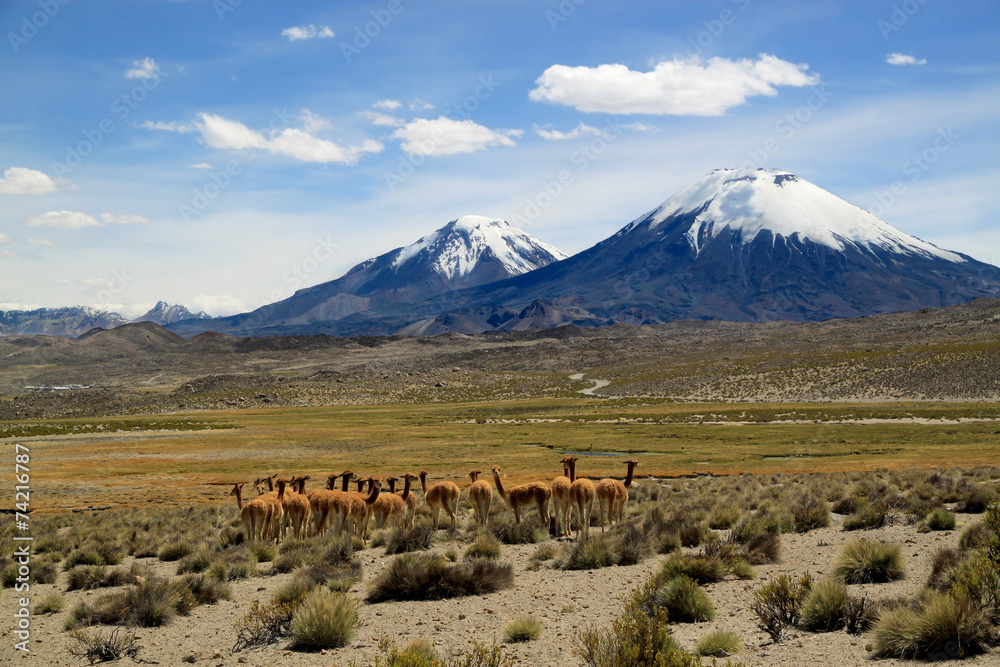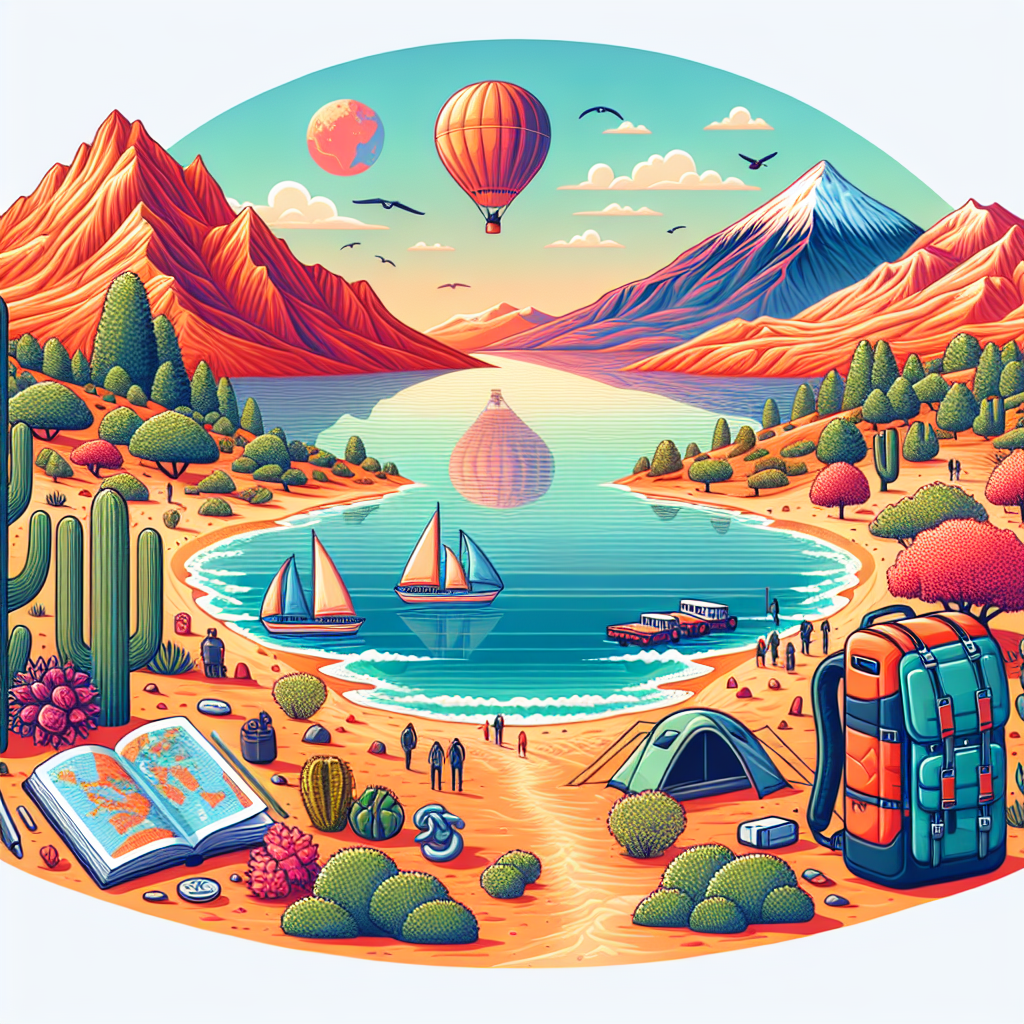The Ultimate Travel Guide to Albania
Introduction
Albania, a hidden gem in the Balkans, has been gaining popularity among travelers seeking unspoiled natural beauty, rich history, and vibrant culture. Nestled between Greece, Montenegro, and the Adriatic Sea, this small country offers an incredible variety of experiences, from stunning beaches and rugged mountains to ancient ruins and lively cities. Whether you’re an adventure seeker, history buff, or simply looking to relax in a picturesque setting, Albania has something to offer. This travel guide will take you through the must-see destinations, practical tips, and insider knowledge to make your trip to Albania unforgettable.
Why Visit Albania?
Albania is still relatively undiscovered by mass tourism, making it an ideal destination for those looking to explore off-the-beaten-path locations. Its diverse landscapes range from the pristine beaches of the Albanian Riviera to the dramatic peaks of the Albanian Alps. The country’s rich history is evident in its numerous archaeological sites, Ottoman-era towns, and ancient castles. Albania’s warm and welcoming people, delicious Mediterranean cuisine, and affordable prices further enhance its appeal as a travel destination.
Getting to Albania
By Air
The main international airport in Albania is Tirana International Airport (TIA), also known as Nënë Tereza Airport. It is located about 17 kilometers from the capital city, Tirana. Several European airlines operate direct flights to Tirana from major cities such as London, Rome, Munich, and Istanbul. Once you arrive, you can easily reach the city center by taxi or airport shuttle.
By Land
Albania shares land borders with Montenegro, Kosovo, North Macedonia, and Greece, making it accessible by car or bus from neighboring countries. The most popular entry points are from Montenegro (via Shkodra) and Greece (via Kakavia). International bus services connect Albania with cities in the region, including Athens, Pristina, and Podgorica.
By Sea
Ferry services connect Albania with Italy and Greece, making it possible to arrive by sea. The main ports are Durrës, Vlora, and Saranda. Ferries operate regularly from Bari and Brindisi in Italy, as well as from Corfu in Greece.
Getting Around Albania
Public Transportation
Albania’s public transportation system is primarily made up of buses and minibusses (furgons). Buses connect major cities and towns, while furgons operate on less-traveled routes. Although public transport is affordable, schedules can be irregular, and vehicles may not always be the most comfortable.
Car Rental
Renting a car is one of the best ways to explore Albania, especially if you plan to visit remote areas. Most major car rental companies have offices in Tirana and at the airport. The roads in Albania have improved significantly in recent years, but be prepared for some winding and narrow mountain roads. Driving gives you the freedom to explore at your own pace and discover hidden gems along the way.
Taxis and Ride-Sharing
Taxis are widely available in cities and towns, and fares are relatively inexpensive. Make sure to agree on the fare before starting your journey. Ride-sharing services like Uber are not yet available in Albania, but local apps such as Speed Taxi and MerrTaxi are commonly used in Tirana.
Top Destinations in Albania
1. Tirana
Tirana, the vibrant capital of Albania, is often the starting point for most travelers. The city has undergone a major transformation in recent years, with colorful buildings, lively cafes, and modern infrastructure. Here are some must-see attractions in Tirana:
- Skanderbeg Square: The heart of Tirana, this large square is named after the national hero, Gjergj Kastrioti Skanderbeg. It’s surrounded by important landmarks such as the National History Museum, the Et’hem Bey Mosque, and the Clock Tower.
- Bunk’Art: A fascinating museum located in a former Cold War bunker, Bunk’Art offers a unique insight into Albania’s communist past. The exhibits include historical artifacts, photographs, and multimedia displays.
- Mount Dajti National Park: Just a short cable car ride from Tirana, this park offers stunning views of the city and surrounding countryside. It’s a great place for hiking, picnicking, and enjoying nature.
2. The Albanian Riviera
The Albanian Riviera is one of the country’s most beautiful and popular destinations. Stretching along the Ionian Sea, this coastline is dotted with pristine beaches, charming villages, and ancient ruins. Some highlights of the Albanian Riviera include:
- Saranda: A bustling coastal town with a lively promenade, Saranda is the gateway to the Riviera. The nearby Butrint National Park, a UNESCO World Heritage Site, features the ruins of an ancient city dating back to the Greeks and Romans.
- Ksamil: Often referred to as the “Ionian Pearl,” Ksamil is famous for its turquoise waters and small islands. The beaches here are perfect for swimming, sunbathing, and water sports.
- Himara: A picturesque town with a laid-back atmosphere, Himara boasts some of the Riviera’s most beautiful beaches, including Gjipe and Livadhi. The town’s castle offers panoramic views of the coastline.
3. Gjirokastër
Gjirokastër, known as the “City of Stone,” is a UNESCO-listed town that captivates visitors with its well-preserved Ottoman architecture. The town’s steep, cobbled streets are lined with traditional stone houses, many of which have been converted into museums and guesthouses. Must-see attractions in Gjirokastër include:
- Gjirokastër Castle: Perched on a hill overlooking the town, this impressive fortress dates back to the 12th century. It houses a military museum, an old prison, and an open-air theater that hosts the National Folk Festival.
- Skenduli House: A beautifully preserved Ottoman-era house that offers a glimpse into the lifestyle of a wealthy Albanian family in the 19th century.
- The Ethnographic Museum: Located in the former home of Enver Hoxha, Albania’s communist dictator, this museum showcases traditional Albanian culture and artifacts.
4. Berat
Berat, also known as the “City of a Thousand Windows,” is another UNESCO World Heritage Site. This charming town is famous for its white-washed houses with large windows, which seem to climb up the hillside. Berat’s highlights include:
- Berat Castle: Unlike most castles, Berat Castle is still inhabited. Inside its walls, you’ll find ancient churches, mosques, and the Onufri National Museum, which displays stunning religious icons.
- Mangalem and Gorica Quarters: These historic neighborhoods are situated on opposite sides of the Osum River. Wander through the narrow streets and discover traditional houses, small shops, and cafes.
- The Osum River Canyon: A short drive from Berat, this canyon offers spectacular scenery and is a popular spot for rafting and hiking.
5. The Albanian Alps
For nature lovers and adventure enthusiasts, the Albanian Alps are a must-visit. Known as the “Accursed Mountains,” this remote region offers some of the most breathtaking landscapes in the Balkans. Popular activities in the Albanian Alps include:
- Theth National Park: A hiker’s paradise, Theth is famous for its rugged peaks, lush valleys, and traditional stone houses. The Blue Eye of Theth, a natural spring with crystal-clear water, is a popular attraction.
- Valbona Valley National Park: Another stunning destination for outdoor activities, Valbona is known for its dramatic scenery, including towering mountains, dense forests, and the emerald-green Valbona River.
- The Peaks of the Balkans Trail: This long-distance hiking trail takes you through Albania, Montenegro, and Kosovo, offering an unforgettable experience of the region’s natural beauty.
Practical Tips for Traveling in Albania
Language
Albanian is the official language, but English is widely spoken, especially in tourist areas. Learning a few basic Albanian phrases can go a long way in enhancing your travel experience.
Currency
The currency in Albania is the Albanian lek (ALL). Credit cards are accepted in larger cities and tourist areas, but it’s a good idea to carry cash, especially in rural areas.
Safety
Albania is generally a safe country to visit, with low crime rates. However, like any destination, it’s important to take standard precautions, such as avoiding poorly lit areas at night and keeping an eye on your belongings.
Health
No specific vaccinations are required for travelers to Albania, but it’s advisable to have up-to-date routine vaccines. Tap water is generally safe to drink in most areas, but bottled water is recommended in rural regions.
Best Time to Visit
The best time to visit Albania depends on your interests. The summer months (June to September) are ideal for beach holidays and outdoor activities, while spring and autumn offer milder weather for sightseeing and hiking. Winter is the best time to visit the Albanian Alps for snow sports.
Conclusion
Albania is a destination that truly has something for everyone. Whether you’re drawn by the allure of its pristine beaches, the charm of its historic towns, or the adventure of its rugged mountains, this Balkan gem promises a rich and rewarding travel experience. With its welcoming people, affordable prices, and diverse landscapes, Albania is quickly becoming a must-visit destination in Europe. So pack your bags and get ready to explore a country where history, culture, and nature converge in the most enchanting ways.
Additional Resources
- Visit Albania Official Tourism Website
- Albanian Alps Hiking Trails
- UNESCO World Heritage Sites in Albania
- **








